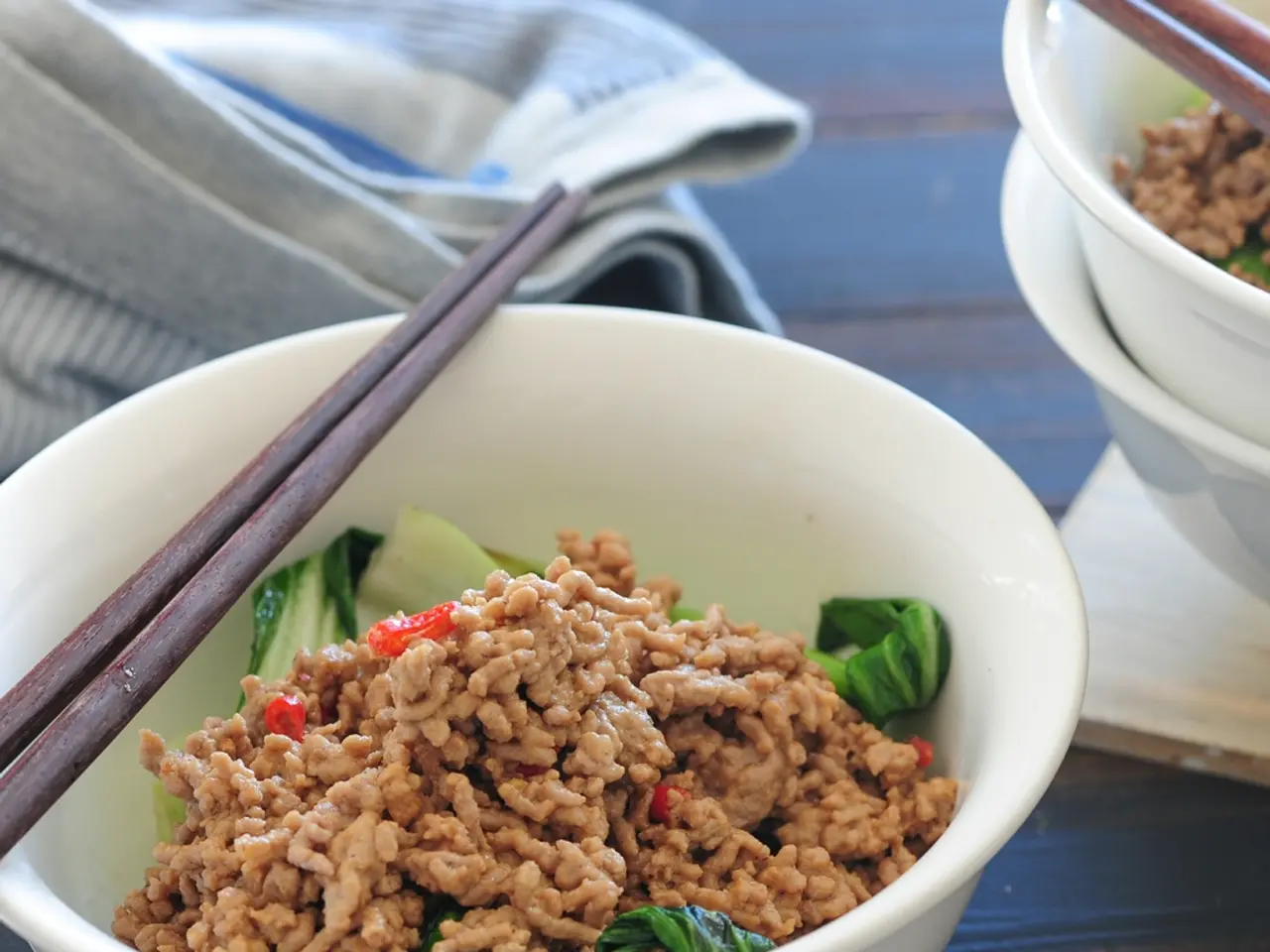IBS: Lifestyle Changes and Diet Can Manage Symptoms
Irritable Bowel Syndrome (IBS) affects millions worldwide, but simple lifestyle changes and dietary adjustments can help manage its symptoms. A combination of medical treatments and self-care practices can make a significant difference in improving the quality of life for those living with this chronic condition.
Research has shown that regular exercise can help alleviate IBS symptoms. A 2019 study found that six weeks of treadmill exercise reduced symptoms in women with mild to moderate IBS. Increasing soluble fiber intake, found in foods like beans, oats, and fruits, can also help ease symptoms. Probiotics, present in supplements or fermented foods such as yogurt and kimchi, may further improve symptoms, according to a 2019 research review.
Avoiding certain foods can also help manage IBS. Dairy products, high in FODMAPs, are often avoided as they can exacerbate symptoms. A low-FODMAP diet is frequently recommended. Other common trigger foods include beans, cabbage, cauliflower, garlic, alcohol, chocolate, and coffee. Mindfulness-based stress reduction techniques, like meditation and mindfulness apps, have been found to improve gastrointestinal symptoms in people with IBS. Stressful life events can worsen symptoms and increase the risk of developing the condition, highlighting the importance of stress management.
While IBS has no known cure, a combination of medical treatments, dietary adjustments, regular exercise, stress management, and identifying trigger foods can significantly improve symptoms. These lifestyle changes can help those with IBS lead healthier, more comfortable lives.





